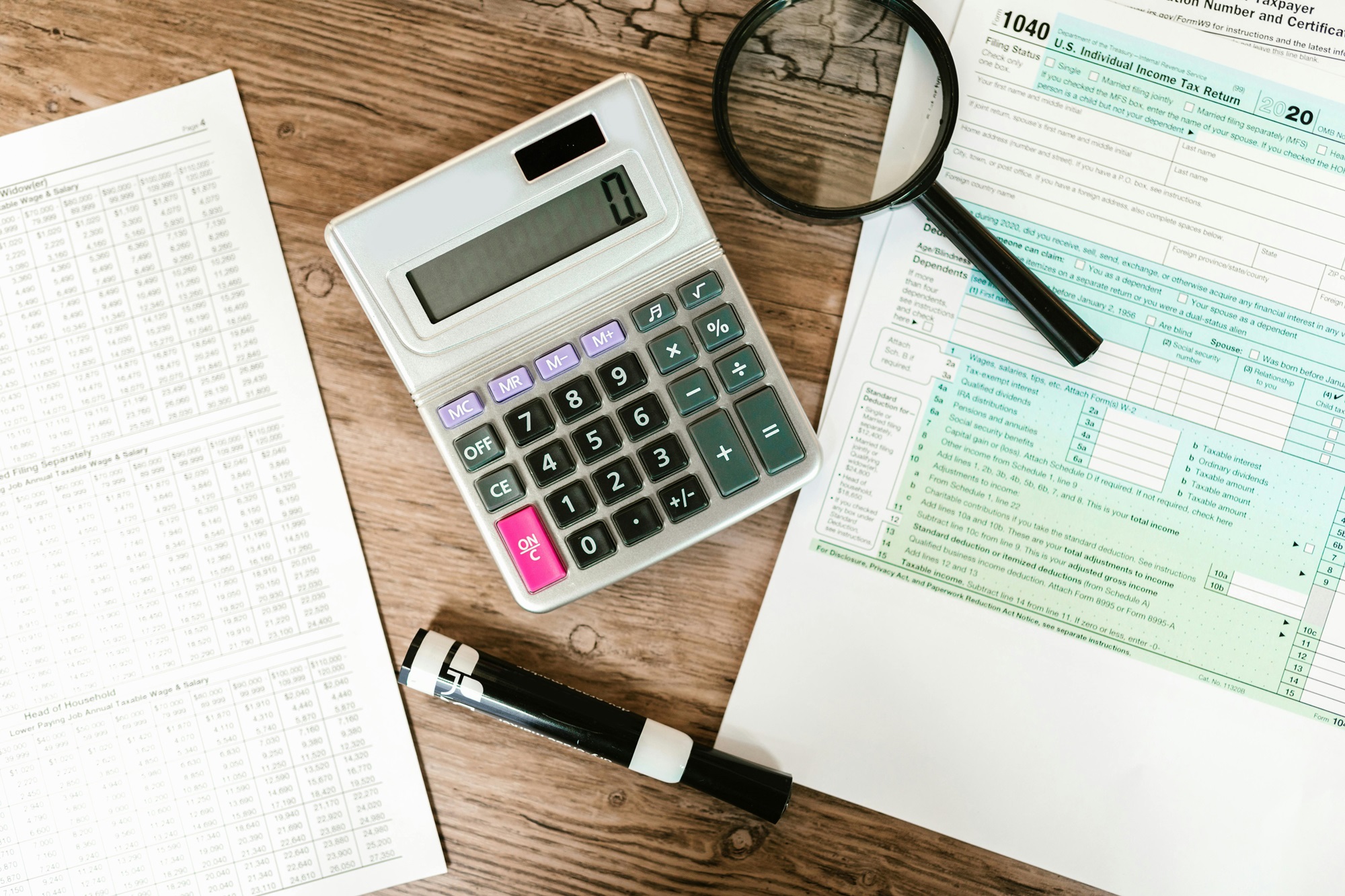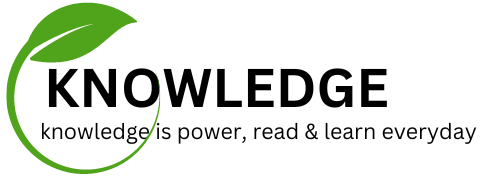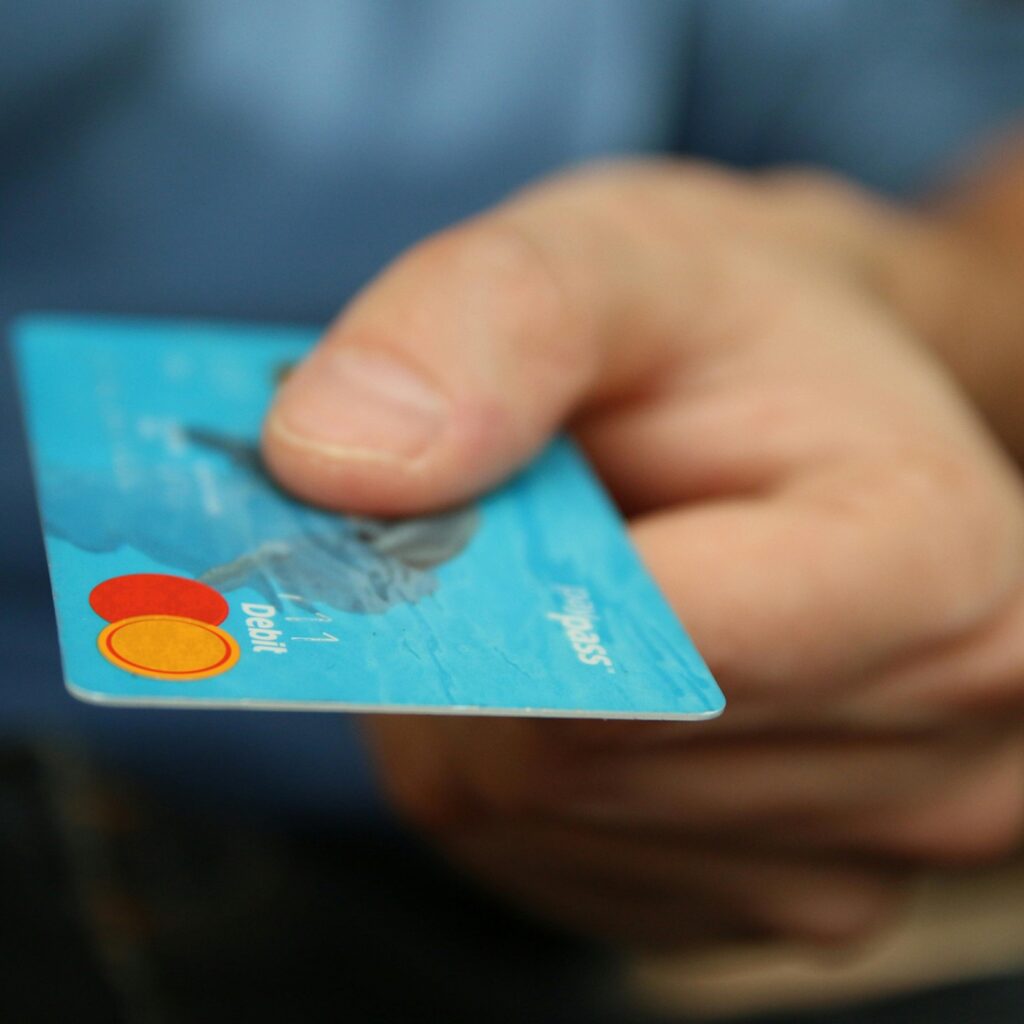1. Introduction
2. Importance of managing debt effectively
-
- Brief overview of the five methods
- Understand Your Debt
3. Types of debt
-
- Assessing your total debt
- Create a Budget
4. Importance of budgeting
-
- Steps to create an effective budget
- Tracking your spending
- Prioritize Your Debts
5. Understanding high-interest vs. low-interest debts
-
- The avalanche method
- The snowball method
- Negotiate with Creditors
6. Why negotiation can help
-
- Tips for negotiating lower interest rates
- Seeking professional help if necessary
- Combine Your Debts
7. What is debt consolidation?
-
- Benefits of combining debt
- Different methods of combining debt
5 Simple Ways to Handle Your Debt Better

Managing debt can feel like trying to climb a mountain with no summit in sight. But with the right strategies, you can take control of your financial future. Let’s dive into five simple ways to handle your debt better, helping you find solid ground and a clearer path to financial freedom.
Understand Your Debt
-
- Before you can tackle your debt, you need to understand what you’re up against. Start by listing all your debts, including credit cards, student loans, mortgages, and any other personal loans. Knowing the total amount owed, interest rates, and minimum monthly payments for each debt will give you a clear picture of your financial situation. This understanding is crucial because it helps you create a targeted plan.
Create a Budget
-
- Creating a budget is like building a roadmap for your finances. It helps you see where your money is going and where you can cut back. To start, list your monthly income and all your expenses, from rent to groceries and entertainment. Track your spending to identify areas where you can save. A well-structured budget ensures that you can allocate funds towards debt repayment while still covering your essentials.
Prioritize Your Debts
-
- Not all debts are created equal. Some carry higher interest rates than others, making them more costly over time. There are two popular methods for prioritizing debt repayment.
- The Avalanche Method: Focus on paying off debts with the highest interest rates first while making minimum payments on others. This method saves you money on interest in the long run.
- The Snowball Method: Focus on paying off the smallest debts first to gain momentum and a sense of accomplishment. Once a debt is paid off, move to the next smallest one.
- Choose the method that best fits your personality and financial goals.
Negotiate with Creditors
-
- Sometimes, a simple conversation can go a long way. Contact your creditors to negotiate lower interest rates or more favorable payment terms. Explain your situation honestly and ask if they can offer any relief. Many creditors are willing to work with you to ensure they receive some payment rather than none at all. If negotiating on your own feels daunting, consider seeking help from a credit counseling agency.
Combine Your Debts
-
- Combining your debts means putting all your loans into one single loan with one monthly payment, often at a lower interest rate. This can simplify your finances and potentially reduce the amount of interest you pay over time. Options for combining debt include personal loans, balance transfer credit cards, and home equity loans. Be sure to research and choose the option that best fits your needs.
Conclusion
Tackling debt can be challenging, but with a clear understanding of your financial situation and a strategic approach, you can make significant progress. By understanding your debt, creating a budget, prioritizing payments, negotiating with creditors, and considering combining your debts, you’re well on your way to financial stability. Take the first step today and start your journey toward a debt-free life.
FAQs
1. How can I start creating a budget?
Start by listing your monthly income and all expenses. Track your spending to identify areas where you can save and allocate funds towards debt repayment.
2. What if my creditors refuse to negotiate?
If creditors are unwilling to negotiate, consider seeking help from a credit counseling agency. They can often negotiate on your behalf and offer additional financial advice.
3. Is combining debt always a good idea?
Combining debt can be beneficial if it reduces your interest rates and simplifies payments. However, it’s essential to choose the right option for your financial situation.
4. How long does it take to see results from these methods?
The time it takes to see results varies depending on your debt amount and repayment strategy. Consistent effort and disciplined budgeting can lead to noticeable progress within a few months.
5. Can these methods work for any type of debt?
Yes, these methods can be applied to various types of debt, including credit cards, student loans, and personal loans. Tailor each method to fit your specific financial situation.



